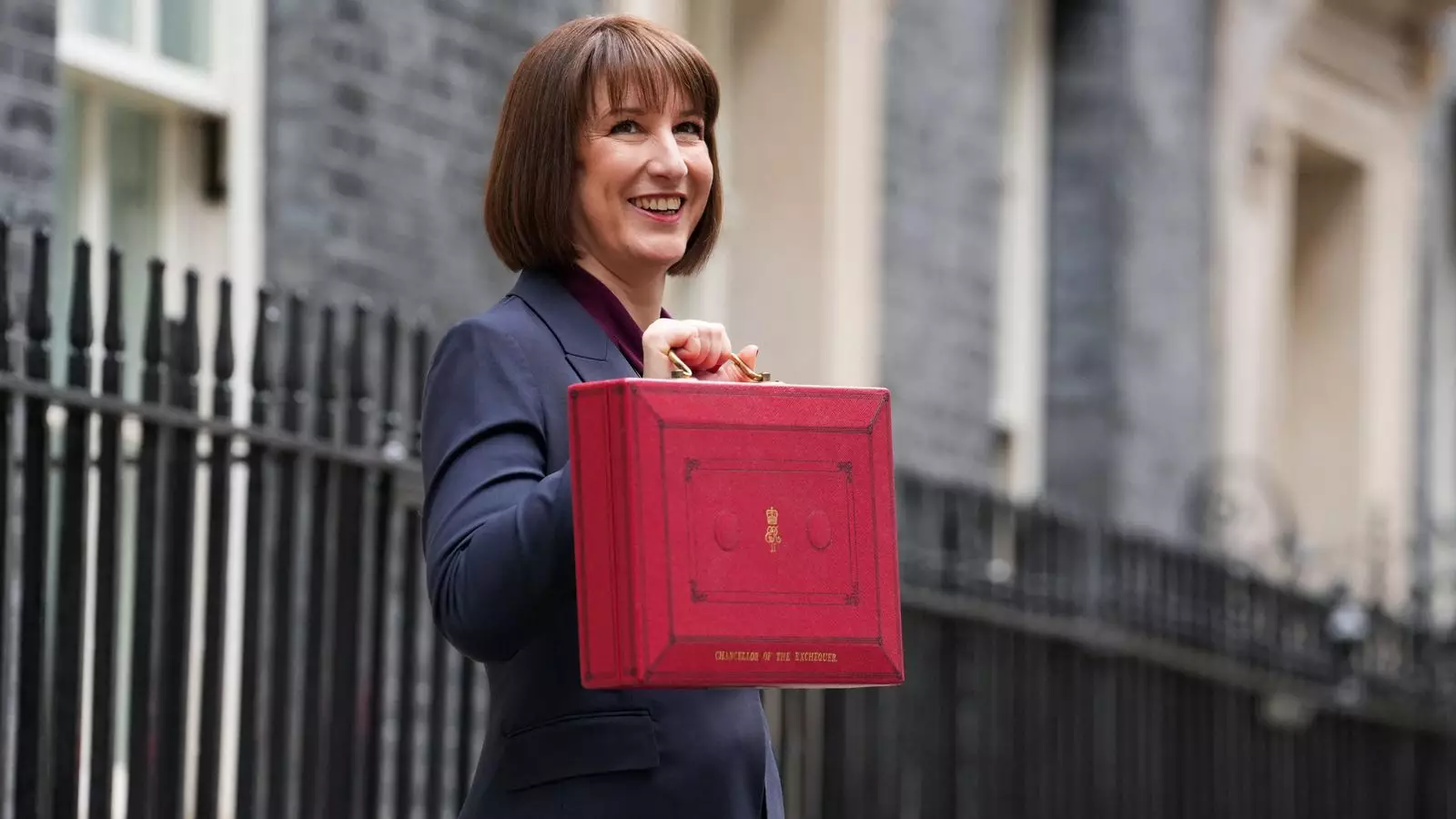In recent political discourse, a cautious yet unmistakable signal has emerged about the likely approach of the government as it gears up for the upcoming budget. While official statements remain vague, hints from senior ministers suggest a looming shift toward increased taxation. This revelation carries profound implications, not only for economic policy but for the social contract between government and citizens. It underscores a delicate balancing act: maintaining fiscal responsibility without alienating the very people whose support is essential for political stability.
The subtlety of these signals should not deceive us. Though ministers deny outright plans for tax hikes, their acknowledgments of upcoming fiscal challenges reveal an unavoidable truth—that some sacrifices are on the horizon. The government’s reliance on forecasts from the Office for Budget Responsibility (OBR) signals a pragmatic, if potentially problematic, approach—an acknowledgment that revenue streams must be adjusted to meet fiscal commitments, especially in the face of eroded welfare savings. This scenario raises fundamental questions about fairness, economic security, and how governments can sustain essential services without disproportionately burdening working and modest-income households.
Political Rhetoric vs. Economic Reality
The political landscape is rife with strategic ambiguity. Ministers insist they are committed to protecting the lower middle class from tax hikes, reiterating promises made in their manifesto. Yet, the political theater suggests that these pledges might be more rhetorical than practical. When faced with the need to fill a revenue shortfall—particularly after the collapse of welfare reforms—the temptation to turn to increased taxation grows stronger. This presents a paradox: the government claims to prioritize fairness, but the reality of fiscal constraints may force a different path.
Opposition figures, on the other hand, are quick to seize upon these hints, framing them as evidence of government weakness and fiscal mismanagement. The narrative from the opposition leans toward portraying the ruling party as unable or unwilling to make tough decisions without resorting to the very measures they claim to oppose. Such political posturing, while understandable, misses a critical point: responsible governance requires honest acknowledgment of fiscal realities. The challenge lies in managing those realities without eroding public trust or fostering resentment among taxpayers who feel overburdened.
The Socioeconomic Toll of Tax Increases
The prospect of tax increases challenges the government’s claim to be a compassionate, inclusive entity dedicated to fairness. History has shown that tax hikes often hit the poorest and most vulnerable hardest. While the government insists it won’t raise taxes on modest incomes, the broader economic context makes this pledge difficult to uphold—particularly when spending commitments for the NHS, military, and other priorities are expanding.
The potential reallocation of funds from welfare reforms—once touted as means to manage public resources more efficiently—highlight a troubling trend: the reliance on taxation as a primary tool for fiscal sustainability. Such a strategy risks widening social inequalities and fostering a sense of betrayal among those who believed in a government that prioritized fairness over austerity. Fiscal policies that lean heavily on increased taxation can create a psychological barrier, undermining the social solidarity necessary for a cohesive society.
Furthermore, the decision to prioritize military and healthcare spending—while necessary—must be balanced carefully. Sacrifices in social services or tax burdens must be justified transparently, lest they breed cynicism. If citizens perceive that political promises of fairness are merely lip service, the very trust that sustains democratic governance could be irreparably damaged. This creates a vulnerable political environment where public support for future initiatives is fundamentally compromised.
The Politics of Uncertainty and Public Perception
Political leaders often utilize ambiguity as a strategic tool. Avoiding direct commitments enables flexibility, but it also fosters suspicion and speculation among the electorate. The current narrative, with ministers sidestepping concrete details about tax policies, intensifies this uncertainty. Shadow opposition figures amplify these doubts by framing them as signs of weakness and fiscal recklessness, further polarizing public opinion.
Such atmosphere of uncertainty ultimately puts the health of democratic institutions at risk. Citizens become increasingly disengaged or resentful when they feel excluded from meaningful conversations about fiscal policy. The danger is that this could foster cynicism, eroding the social fabric and weakening public trust in institutions that are supposed to serve their interests.
The political calculus seems clear: politicians prefer to avoid controversial decisions until absolutely necessary, but this delay can backfire if the public perceives a lack of transparency or honesty. Transparency about fiscal challenges, even if uncomfortable, may be a better strategy for preserving democratic legitimacy and ensuring that policies genuinely reflect societal needs rather than short-term political expediency.
In a time of economic stress, the real test for policymakers is whether they can navigate the treacherous waters of fiscal responsibility without sacrificing the principles of fairness and trust. The coming months will reveal whether political leaders prioritize honest engagement or fall back on strategies that deepen divides and undermine social cohesion.

